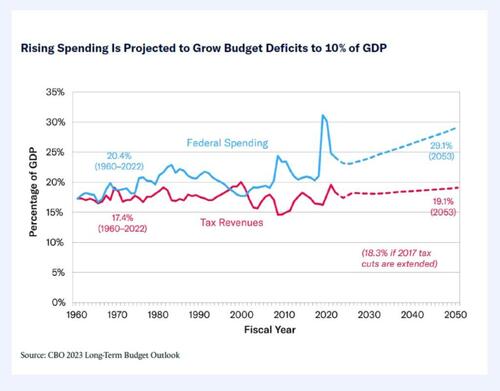A much undeserved constituency finally gets some love. ;-)
Hug An Economist Day
The U.S. celebrates Hug An Economist Day on January 31 each year. Now, it’s obvious this day was meant to show your affection for economists, but we like to think it also encourages us to learn more about economics and how it affects us. Unfortunately, we don’t know much more about this day, like who initiated these celebrations or when they began. For now, this might be an unofficial holiday, but we urge you to celebrate officially and with gusto! If you’re interested in becoming an economist and pursing a degree in business, check out these business scholarships.
Hug An Economist Day Activities
Hug an economist
We only recommend this with economists you really know (and are close to). If you are lucky enough to count an economist among your loved ones, go on and give them a huge hug to show your appreciation for all they do.
Celebrate the profession and the field
Host an economics-themed party. Design little dollar-shaped cupcakes, dress up as famous economists, and even play economics-themed games. Monopoly, anyone?
Learn about economics
Economics is used in conjunction with several other fields, including business, marketing, education, and even the environment. There are plenty of resources that make learning new economic theories and concepts fun — check out videos, presentations, and even Pinterest for ways to learn and remember new information about this field.







